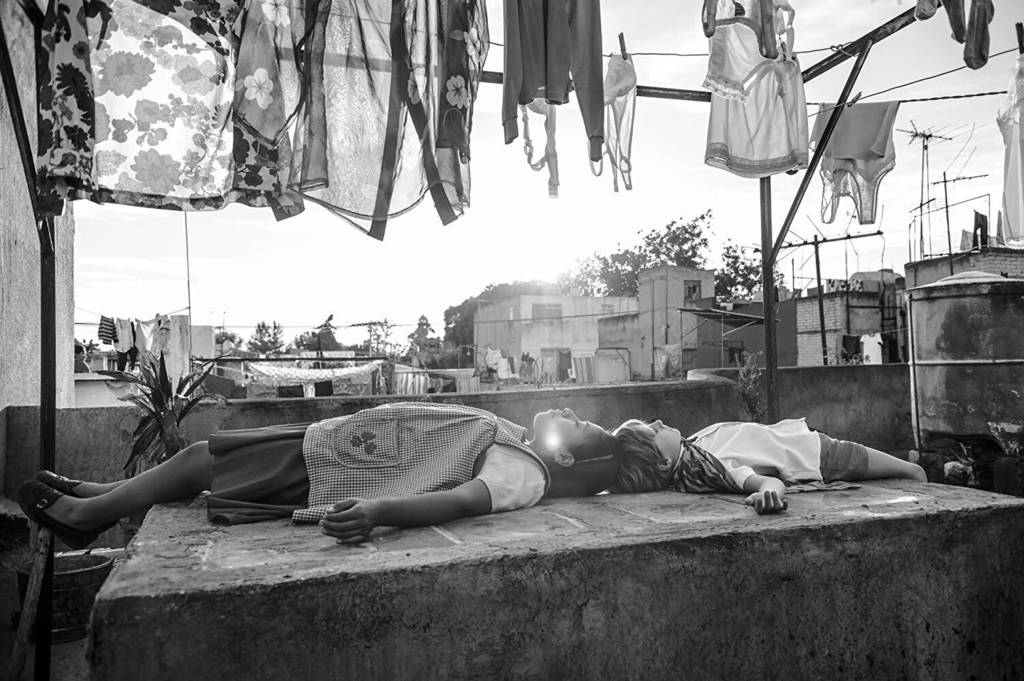
Film Matters: Please tell us about your article that is being published in Film Matters.
RM: My article examines the controversy between Netflix and the Cannes Film Festival. In 2017, Cannes announced that it would ban films not released in French theaters, such as Netflix films, from competing at the festival. My article situates Cannes’s decision in the context of French politics, the death of cinema, and film festival studies. Ultimately, I try to understand what compelled Cannes to make this decision and what its implications are.
FM: What research and/or methodologies do you incorporate in your article?
RM: My research mostly involved scholarly works and contemporary news articles. Since my essay was about an issue that was (and is) still unfolding, all the news articles I needed were online. These sources helped me construct a timeline of the Cannes-Netflix controversy. My inability to read French was occasionally an obstacle. Fortunately, my professor generously helped me translate some sources. As for scholarly works, I conducted research on Cannes’s history and the “death of cinema” debate, so that I could relate this contemporary issue to a larger, recurring debate in cinema studies.
FM: Describe the original context for/when writing this article while an undergraduate student.
RM: I wrote this article as my final paper for a year-long class on French cinema. Rather than analyze films or directors, I wanted to try something different. I decided to engage with the world of film festival studies, since France was the home to Cannes. I was further inspired by the awards and festival excitement around Roma (2018), which was generating many interesting discussions over Netflix’s place in the film industry. That’s how I landed on the topic of the Cannes-Netflix debate.
FM: How has your department and/or institution supported your work in film and media?
RM: My cinema studies professors have given me incredible freedom to pursue my interests. Many of them let me run wild with my projects, while pushing me to think in intellectually challenging directions. I most appreciate how they have encouraged me to be creative with the form of my projects. I wrote a poem for one class and produced a creative video for another. My professors have sharpened my analytical faculties and supported me in following my passions. For that, I am eternally grateful.
FM: How has your faculty mentor(s) fostered your advancement as a film scholar?
RM: My professor for the class, Professor James Cahill, has been tremendously supportive in my academic work. I have taken several classes with him. Each time, he encourages me to pursue creative topics and guides me by suggesting scholars to read. For this particular paper, he even reached out to one of his former students, who worked at Cannes, to answer some of my questions. He is easily among the most inspirational and supportive professors that I have encountered in my undergraduate studies.
FM: How has the Film Matters editorial and publication process impacted the development/evolution of your article?
RM: Editing my essay for publication forced me to trim my essay in the best way possible. It is always better to say more with less. Revisiting the essay over several months gave me fresh eyes every time I looked at it. I was able to take out sentences and clarify points. The peer review process also helped me identify the strengths and weaknesses of my writing, which not only improved this article, but also improved my writing as a whole.
FM: What audience do you hope to reach with your Film Matters article and/or what impact do you hope it has on the field of film studies?
RM: I hope this article makes people see Cannes and Netflix in more complex ways. Both of these institutions are giants in the film industry, especially Netflix. You do not have to be a film student to know what Netflix is. I think it is important to think critically and historically about Cannes and Netflix. As I state in my article, the Cannes-Netflix controversy is but one manifestation of the challenges with defining cinema. Hopefully, we can learn a few lessons from this controversy that shed light on the rest of the world.
FM: What are your future plans?
RM: Work at a film festival. Maybe I’ll even get someone from Cannes to read my article.
Author Biography
Ron Ma is an undergraduate student pursuing a double major in Cinema Studies and Urban Studies at the University of Toronto. His background and interdisciplinary academic lens drive his interests in international cinema, critical race theory, and visual culture.







































